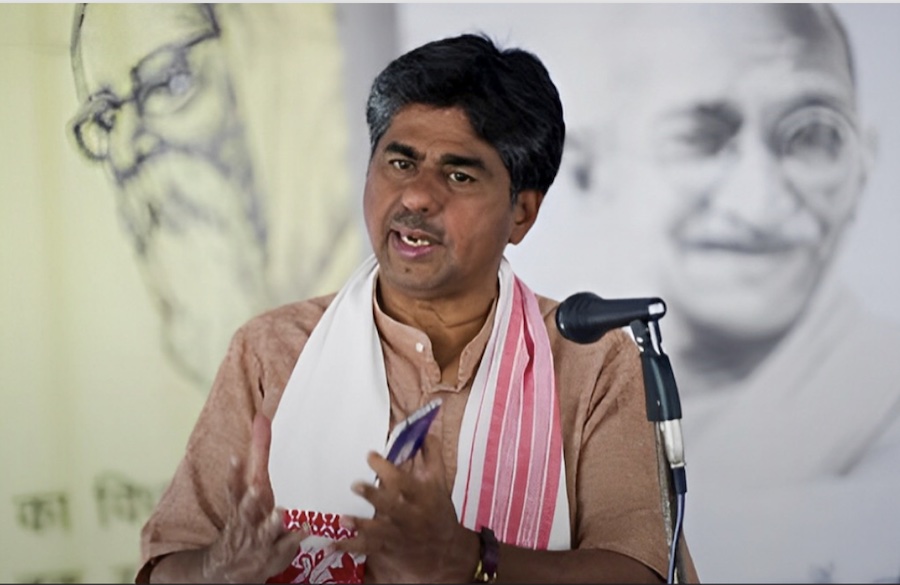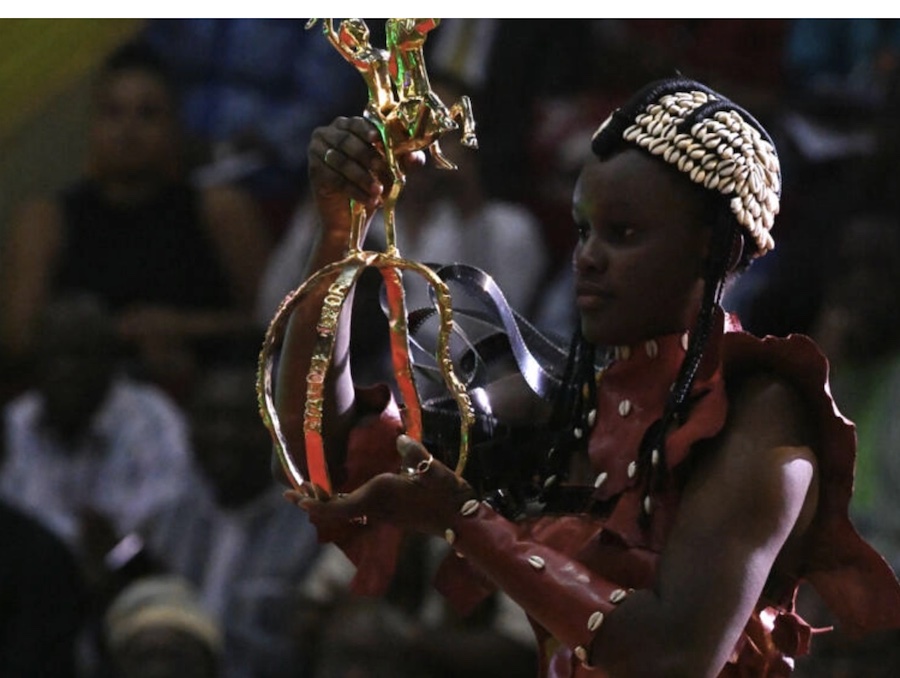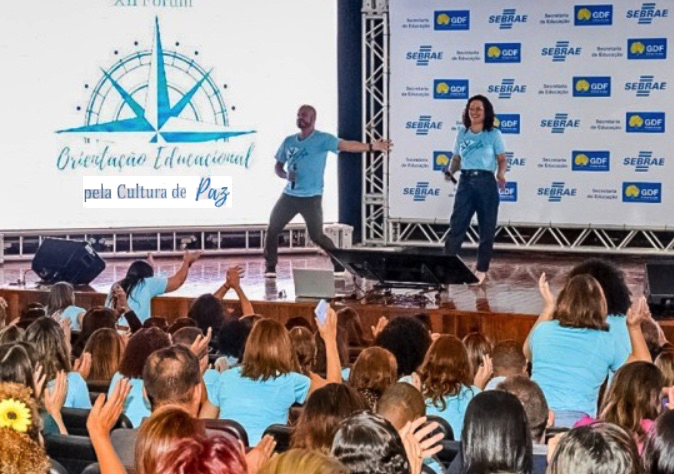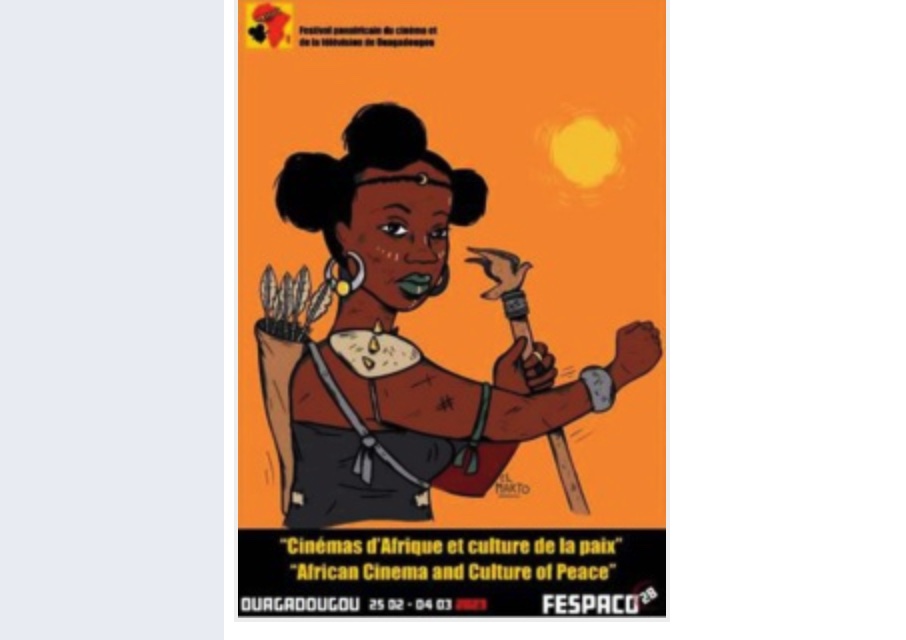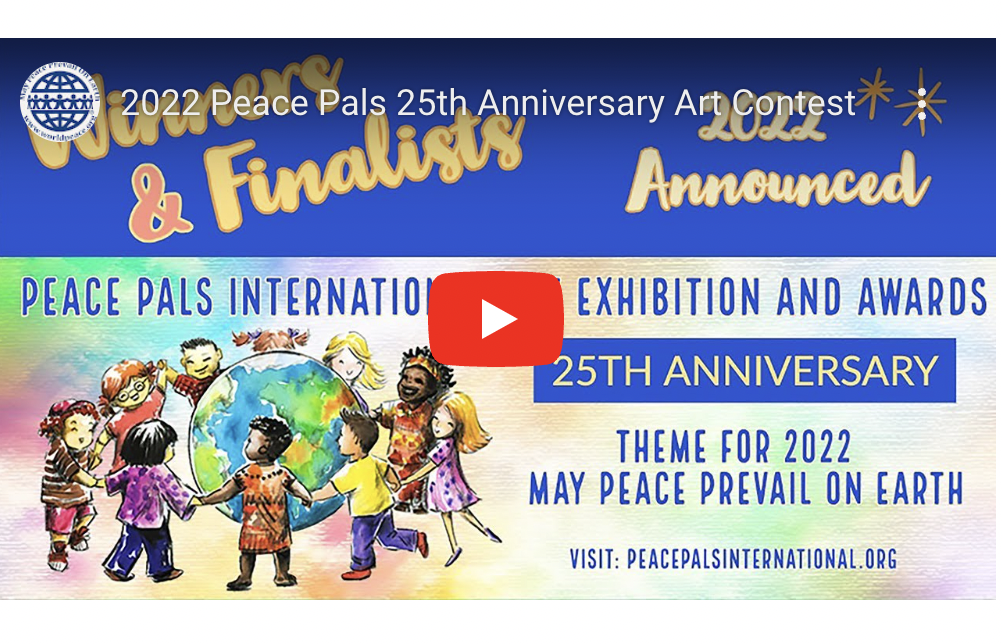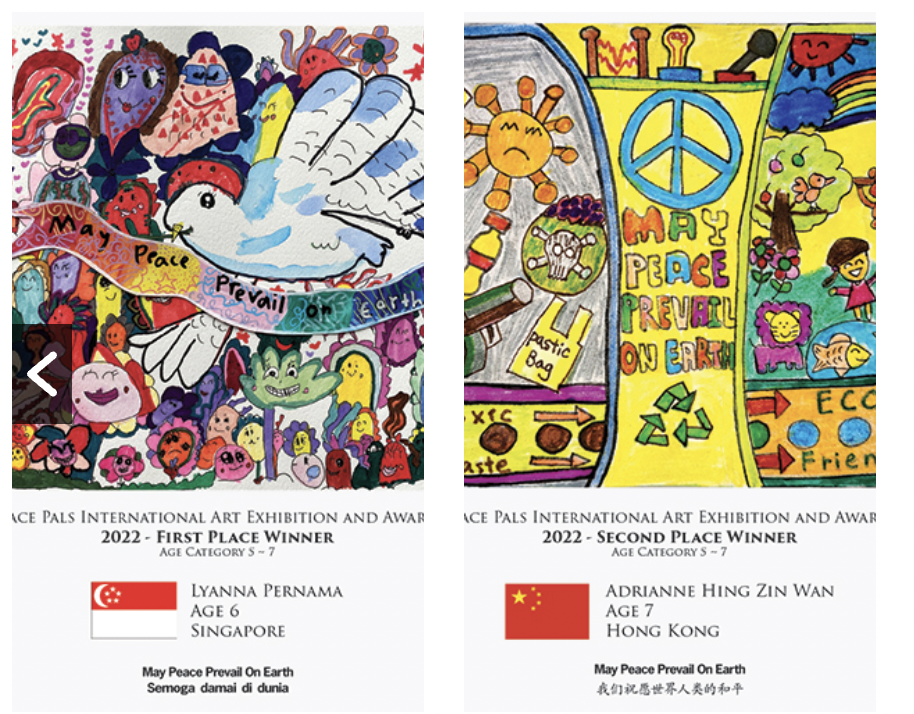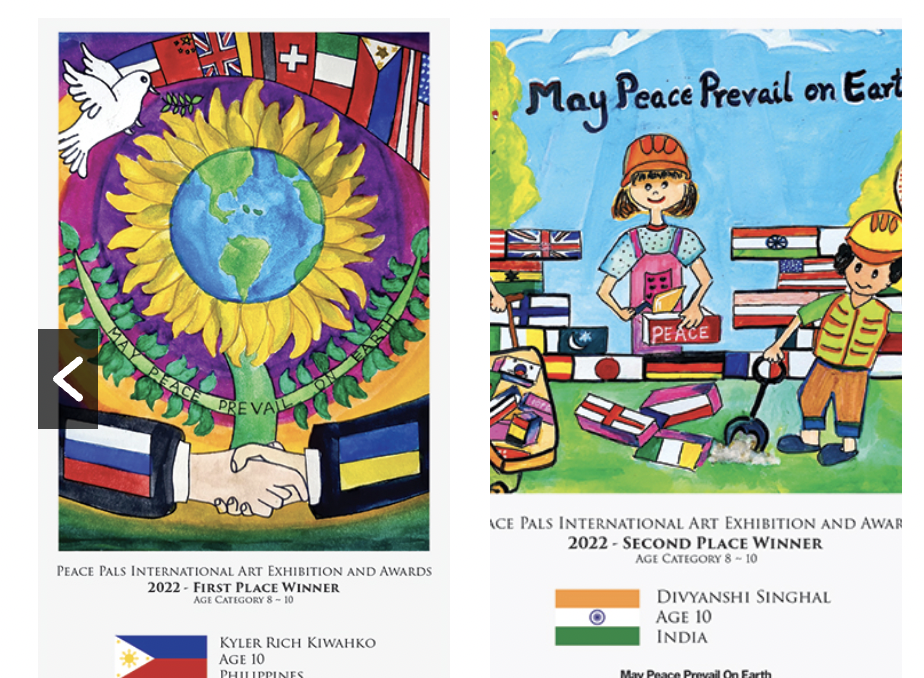TOLERANCE AND SOLIDARITY .
An article from ACI Africa
Africa was well-represented at a recent Rome conference that explored the concept of the gospel of nonviolence and “just peace”, interrogating Catholic “just war” teaching in the present day as an example of Vatican II’s call to “scrutinize the signs of the times” referenced in the Pastoral Constitution on the Church in the Modern World, Gaudium et Spes, 4.

Credit: Martin Pilgram/Pax Christi International
Members of the Clergy, women, and men Religious, and Laity from Cameroon, the Democratic Republic of Congo (DRC), Kenya, Nigeria, Rwanda, South Sudan, Tanzania, and Uganda were among the participants in the three-day conference that concluded on December 7.
Organized by Pax Christi International under the theme, “Pope Francis and the Fullness of Pacem in Terris”, the conference that brought together some 70 activists, peacebuilders, theologians, academics, war victims and survivors, Clergy, Consecrated, and Laity was a follow up to previous meetings in 2016 and 2019.
In a reflection shared with ACI Africa following the conference in Rome, John Ashworth who is part of the Catholic nonviolence Initiative says that for decades, the Catholic Church has sought to find out the possibility of having a “just war”, amid growth in scale and destructive power of modern weaponry.
“Beginning with Pope St John XXIII, through Paul VI, St John Paul II, Benedict XVI, and now Francis, there has been a trajectory of recent Papal teachings questioning whether there can ever truly be a ‘just war’ given the scale and destructive power of modern weaponry, and returning us to the nonviolent teaching of Jesus who taught us to love not only our neighbor but also our enemy, and not to return a violent slap on the cheek with a similar slap but to offer the other cheek,” Mr. Ashworth says.
He adds, “On the one occasion in the gospels when we might have thought that violence could be ‘justified’ to prevent the unjust arrest of Jesus, Our Savior’s command to St Peter was, ‘Put away your sword!’”
“The early Church took this seriously, and Christians refused to fight for the Roman Empire even if it led to them being imprisoned, tortured, and martyred. It has been said that as Christians we should be prepared to die for our beliefs, but not to kill for them!” Mr. Ashworth says in his reflection shared with ACI Africa December 10.
The retired Catholic missionary who has spent forty years working with the Church in Sudan and South Sudan refers to the invitation of Pope Francis who has challenged the people of God to rethink the concept of a “just war”.
The Holy Father says, “A war may be just; there is the right to defend oneself. But we need to rethink the way that the concept is used nowadays… Every war leaves our world worse than it was before.”
According to the Holy Father, war is “a failure of politics and humanity, a shameful capitulation, a stinging defeat before the forces of evil.”
“War is the negation of all rights and a dramatic assault on the environment. If we want true integral human development for all, we must work tirelessly to avoid war between nations and peoples,” Pope Francis says.
In his reflection following the Rome conference, Mr. Ashworth notes that deeper than simply avoiding war (and other forms of institutionalized violence such as capital punishment), nonviolence calls the people of God to a new spirituality, a new way of life that respects the human dignity of every individual, whichever side of a conflict they are on.
(continued in right column)
Question(s) related to this article:
Religion: a barrier or a way to peace?, What makes it one or the other?
(continued from left column)
“As Christians, we do not have enemies – all are our sisters and brothers, created in the image and likeness of God, and in whom we see Christ! And as the Holy Father’s namesake St Francis of Assisi taught us, all of creation is also our sisters and brothers, so that nonviolent respect must also be extended to our environment, which is in crisis at this moment,” the author says.
He describes nonviolence as a broader concept than pacifism, saying, “It is much more than the absence of violence and it is never passive. Violence is utterly opposed to the Gospel; nonviolence is at the heart of the Gospel.”
“Nonviolence is a paradigm of the fullness of life. It is a spirituality, a constructive force, a method for social transformation, and a powerful way of life committed to the well-being of all,” Mr. Ashworth says.
Active nonviolence works, he says, adding, “Many people perhaps feel that it would be a good thing but they don’t believe that violence can successfully be countered by nonviolence.”
The Kenya-based retired Catholic missionary refers to an evidence-based study, “Why Civil Resistance Works” by Erica Chenoweth and Maria Stephan, which he says found that nonviolent resistance is twice as likely to succeed as a violent struggle.
Non-violence, He says, is far more likely to produce a peaceful, stable, democratic, human rights-respecting post-struggle society than a violent liberation struggle.
Mr. Ashworth says that it was nonviolence that overthrew a brutal military dictatorship in Sudan in 2019, adding, “Although the military eventually launched a fresh coup d’etat, the nonviolent struggle continues.”
He recalls that South Sudan, on the other hand, attained its independence after a violent 22-year civil war, but that the violence did not produce a just and stable society because a mere two years later, the new country relapsed into a fresh fratricidal conflict.
He notes that many African countries have experienced violent liberation struggles, whether from the evil of colonialism or the excesses of military regimes, as well as ethnic and religious conflicts. In all this, Mr. Ashworth says, there is an increasing awareness that responding to violence with violence does not bring peace.
“Violence begets more violence in an endless cycle which needs to be broken,” the Catholic author says, adding that in South Sudan, church leaders within both the Catholic Church and the council of churches have included quotes from Pope Francis’ 2017 World Day of Peace message “Nonviolence: A style of politics for peace” in their pastoral messages.
The Church leaders, he says, have been constantly appealing for peace.
Ashworth acknowledges that training for nonviolent resistance is beginning little by little in many African countries.
A nonviolent movement, he emphasizes, must be committed, organized, disciplined, and trained.
“There will be casualties… but the nonviolent activists hold the moral high ground and gradually their numbers are swollen by ordinary people, young and old, female and male, across the divides of religion, ethnicity, and politics, people who simply want a just and peaceful society in which to raise their children and grandchildren,” he says.
In his reflection shared with ACI Africa, Mr. Ashworth urges the people of God to reflect on non-violence, now that most places in the world are experiencing war of one kind or another.
“A brutal war between nations is waged in Ukraine, and no less brutal civil wars continue across Africa and many other parts of the world. Pope Francis has described the current situation as ‘a third world war being waged in installments’. Now is surely an opportune moment to reflect on nonviolence,” he says.
The retired Catholic missionary says that the importance of the Catholic Nonviolence Initiative for the universal Church was brought to the fore at the closing Mass of the conference that ended on December 7 in Rome.
Robert Cardinal McElroy and several Bishops and Archbishops from France, Germany, Italy, the Philippines and the USA participated in the conference, while South African Bishop Kevin Dowling was unable to attend due to ill health but followed closely on WhatsApp.
Two senior Vatican officials also participated in the conference. These were Under-Secretary of the Synod of Bishops, Sr. Nathalie Becquart, and Prof. Emilce Cuda, Secretary of the Pontifical Commission for Latin America, along with staff of the Vatican Dicastery for Promoting Integral Human Development whose Prefect is Michael Cardinal Czerny.


